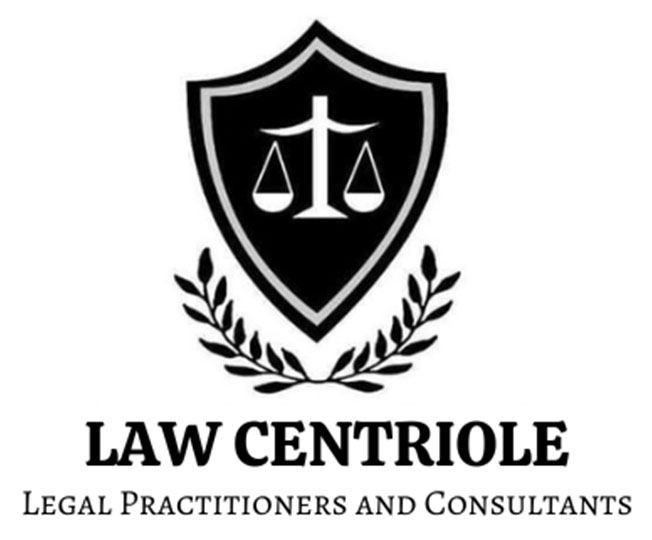Pranks have become a popular form of entertainment, especially on social media. However, in Nigeria, certain pranks can lead to serious legal consequences, including imprisonment. This article explores the legal implications of playing pranks in Nigeria and highlights some notable cases.

Legal Framework in Nigeria
Under the Nigerian law, pranks that cause harm, fear, or disruption can be classified as criminal offenses. The Criminal Code Act and the Penal Code Act, which govern the southern and northern parts of Nigeria respectively, include provisions applicable to pranks. Key sections of the Nigerian laws that apply in this regard include:
- Section 249 of the Criminal Code Act: This section deals with acts that cause a breach of the peace. A prank that leads to public disturbance or panic can fall under this provision.
- Section 24 of the Cybercrimes (Prohibition, Prevention, etc.) Act, 2015: This section criminalizes cyberstalking and cyberbullying, which can include online pranks that harass or intimidate individuals.
- Section 516 of the Criminal Code Act addresses conspiracy to commit a felony and applies when multiple people plan an illegal act as part of a prank.
Notable Cases of Pranks Gone Wrong
One of the most prominent cases involved a Nigerian comedian, Eyinatayo Iluyomade, who was arrested after a prank went wrong. Eyinatayo sent a note to a bank in Ondo town, threatening a robbery as part of a prank. The bank, taking the threat seriously, shut down for the day, causing significant disruption. Eyinatayo faced charges of conspiracy, threat, and engaging in actions likely to cause a security breach.
Another case involved a skit maker, Abdullahi Maruff Adisa, popularly known as “Trinity Guy,” who was arrested for a prank that involved the sexual exploitation of a minor. The prank, which was recorded and posted online, led to charges under the Oyo State Child Rights Law, 2006, and the Criminal Code Laws of Oyo State, 2000.
Consequences of Dangerous Pranks
The consequences of dangerous pranks in Nigeria can be severe. Depending on the nature of the prank, individuals can face charges ranging from public disturbance to more serious offenses like conspiracy and cybercrimes. Penalties can include fines, community service, and imprisonment. For instance, under the Oyo State Child Rights Law, a person found guilty of sexual exploitation of a minor, as was the charge involved in the “Trinity Guy” case, can face up to 15 years in prison.
In more extreme cases, when pranks cause accidents that lead to death or grievous bodily harm, the law holds the pranksters liable for manslaughter or related offenses, deeming them to have intended the consequences of their actions.
Conclusion
While pranks can be a source of amusement, it is crucial to understand the legal boundaries. In Nigeria, pranks that cause harm, fear, or significant disruption can lead to serious legal consequences, including imprisonment. It is essential to exercise caution and consider the potential impact of your actions on others and the community.
By being aware of the legal implications, you can avoid turning a seemingly harmless joke into a criminal offense.
Subscribe, follow, share!
Has this article been of help? Why not consider subscribing to our mailing list us for more.
Do not forget to share, Follow our pages on Facebook and Instagram and also subscribe to our WhatsApp Channel

